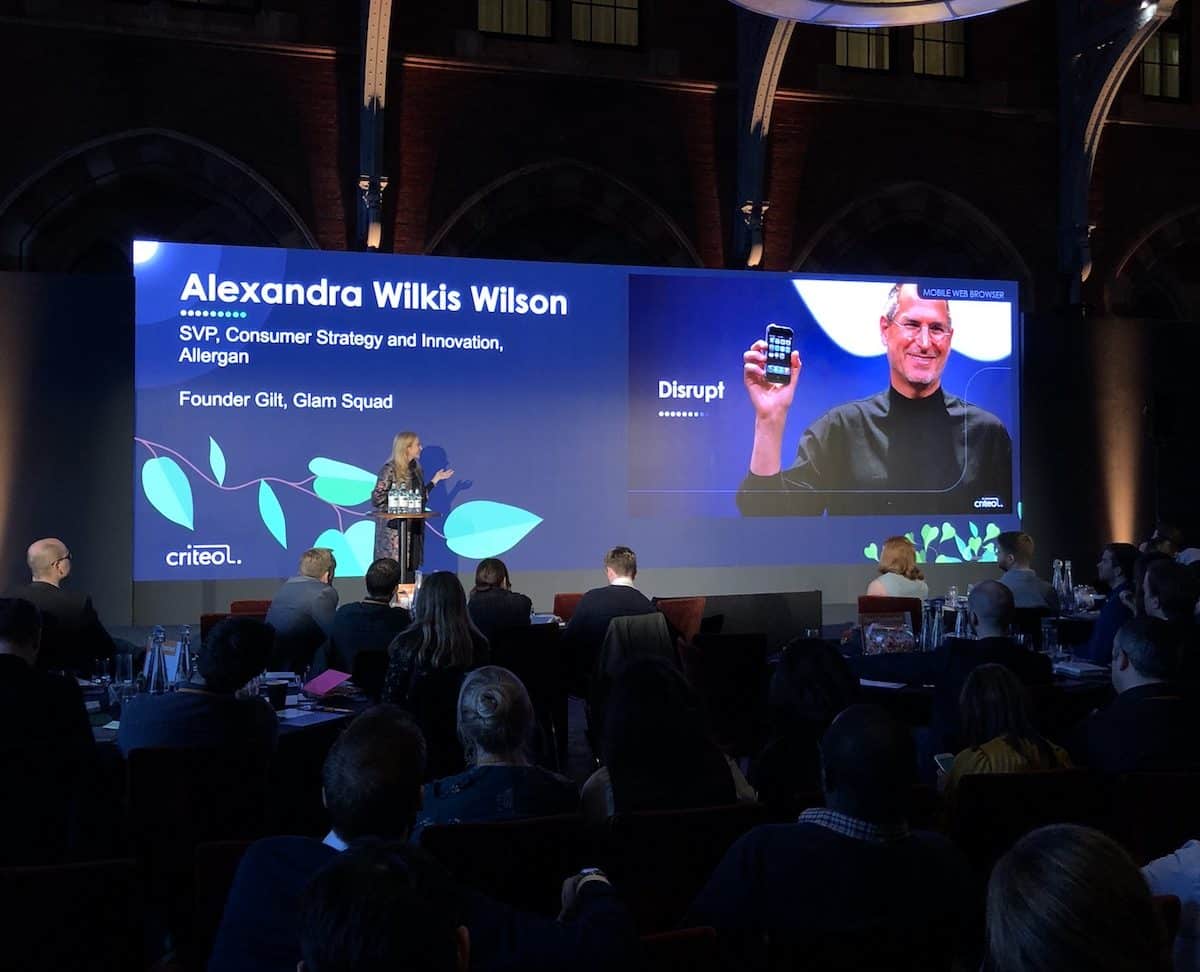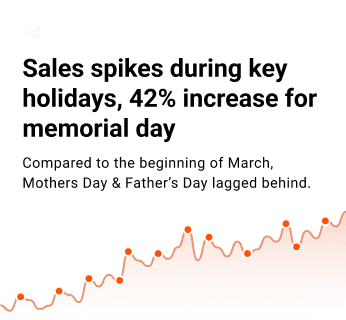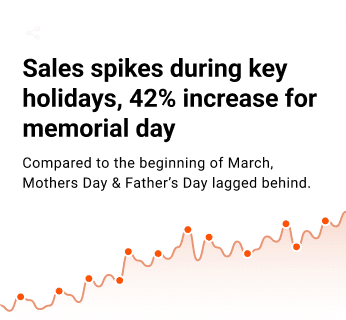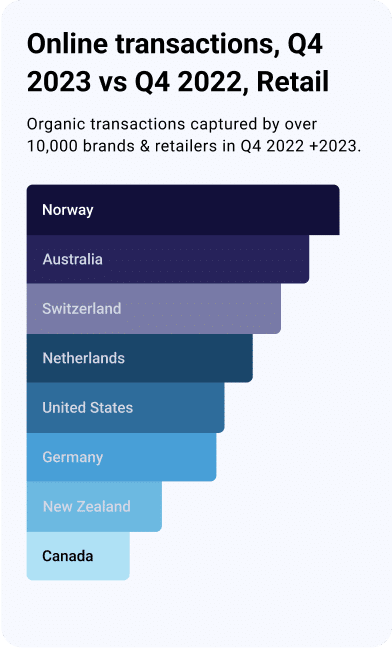At the Criteo Commerce Marketing Forum in London, talks were focused on disruptions in the retail space. Alexandra Wilkis Wilson, a serial entrepreneur behind three trailblazing companies, spoke at the event about the ways she’s shaken up the status quo of commerce.
In 2007, Wilson co-founded Gilt, a flash sale site that changed the sales aspect of online retailing.
In 2014, she became CEO of GLAMSQUAD, a mobile beauty business that brings its services directly to the homes and offices of busy consumers across the country. Then came Fitz, a part home organizer, part home stylist concept designed to help clients organize, edit, catalogue, and build their wardrobes. Wilson recently joined Allergan as the SVP of Consumer Strategy and Innovation, where she’ll be connecting with consumers in ways never seen before in the pharma industry.
Wilson is the co-author of the bestselling book “By Invitation Only: How We Built Gilt and Changed the Way Millions Shop”, documenting the company’s meteoric growth.
With each business, she’s spotted under-served opportunities, and built systems and teams to turn firms into disruptors. We had a chance to chat with her just before she went onstage at the Criteo Commerce Marketing Forum.
Q: What inspired you to start Gilt?
AWW: In 2007, the retail landscape was very different from today. The basic idea of Gilt was to bring the excitement of a New York City sample sale online, and bring it to hundreds, thousands, then tens of thousands, and ultimately tens of millions of people. Not only across the US, which is where we started, but ultimately across the world.
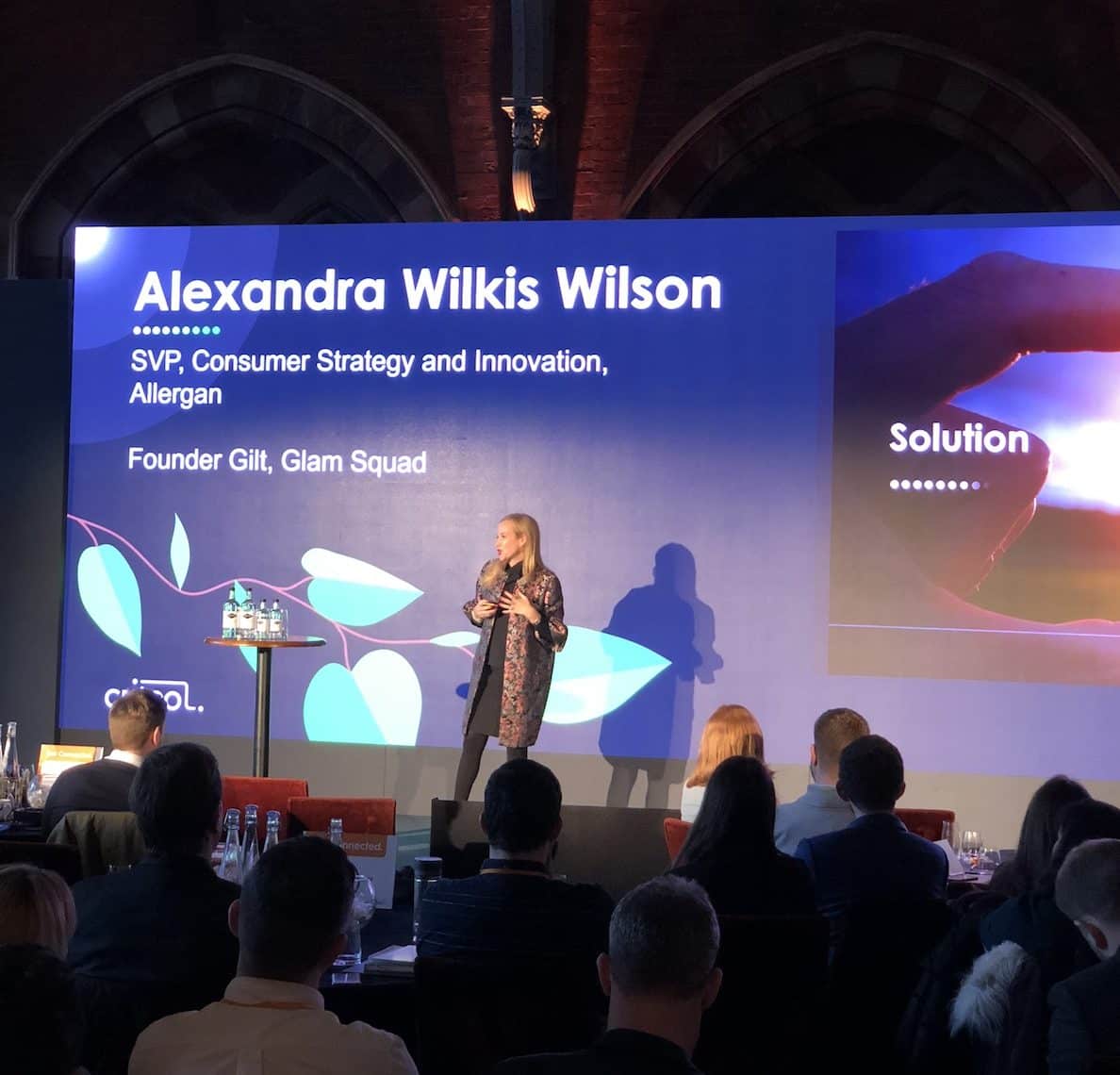
And what we did was provide amazing brands, beautiful inventory, and products at about 60-70% off the retail price in a really exciting format.
Q: What big changes have you noticed in shopper behavior in the last few years?
AWW: First and foremost, we have to talk about mobile shopping and shopping on the iPhone. That has probably been the greatest disruptor in shopping. Behavior has changed completely.
I would say that consumers have also gotten impatient as a result. When they want to buy something they really expect excellent customer service and immediacy in terms of delivery and even free shipping. That’s been a big topic for so many retailers, probably thanks largely to Amazon.
Q: Why do you think so many startups, especially direct-to-consumer brands like Rent the Runway, Birchbox, Away, and Casper, are gaining such traction?
AWW: The brands you just mentioned really understand the millennial consumer base, and they’ve also invested time to start to appeal to Gen Z. They understand that millennials are interested in experiences, they’re not necessarily as interested in the accumulation of stuff and luxury stuff as Gen X or Baby Boomers had been.
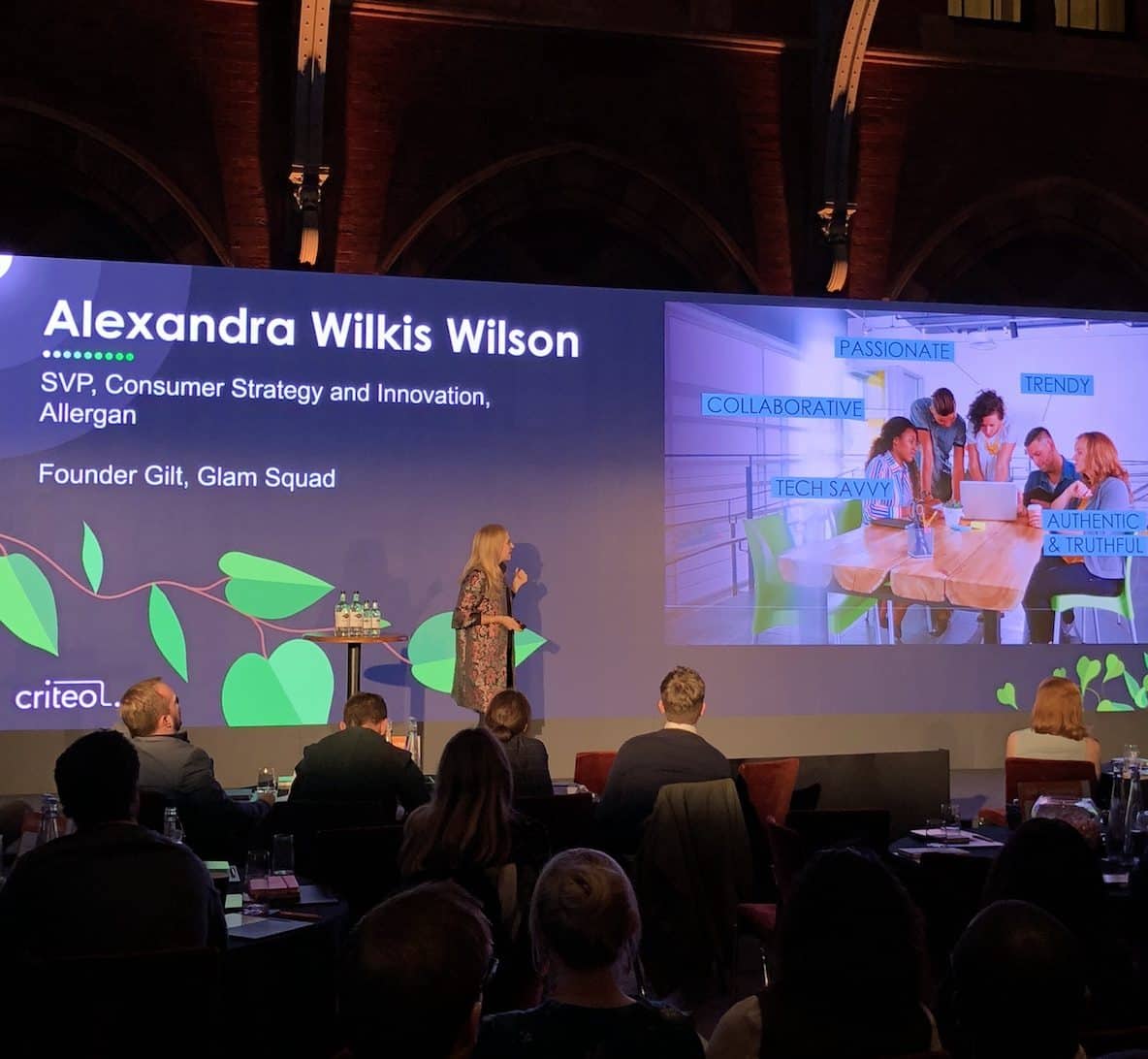
If you think about being a fashion brand and you’re appealing to consumers who are constantly taking pictures of themselves and sharing them online, they probably don’t want to wear the same thing over and over again. They’re probably excited by something like Rent the Runway, where you can easily and more affordably change up your wardrobe.
Or maybe they’re attracted to fast fashion, or maybe they’re interested in brands that have a sustainability aspect to them.
Q: Are there things that legacy brands can learn from startups to apply to their own marketing strategies?
AWW: Absolutely. I’m an entrepreneur, and I recently started working for a big company. What I’m trying to do in that case is really bring entrepreneurial start-up thinking into a big organization. It’s challenging because you have to change people’s mindset. But I think that executives in big companies want to embrace change. They want to try new things. They want to think like innovative, creative companies and be those types of leaders.
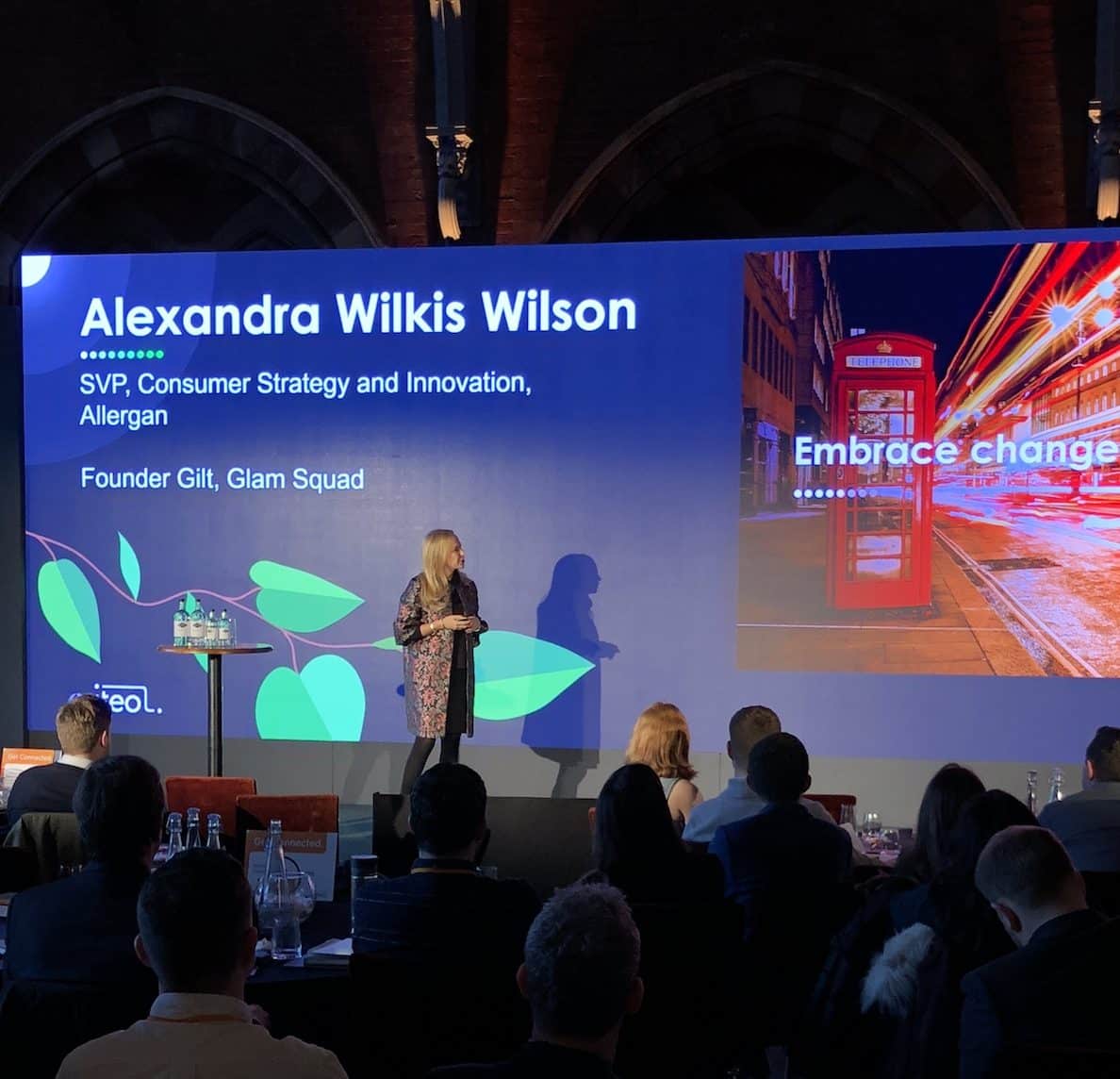
Now is an excellent time for medium-size to large-size, even public companies, to figure out structures for creating innovation within their organizations that makes sense, that will be effective, and navigate internal cultures and even politics.
Thanks, Alexandra. For more on the Criteo Commerce Marketing Forum in London, check out this post and follow us on social media. Be sure to keep an eye out for our next forum, happening May 10th in NYC. Stay tuned for the details!






